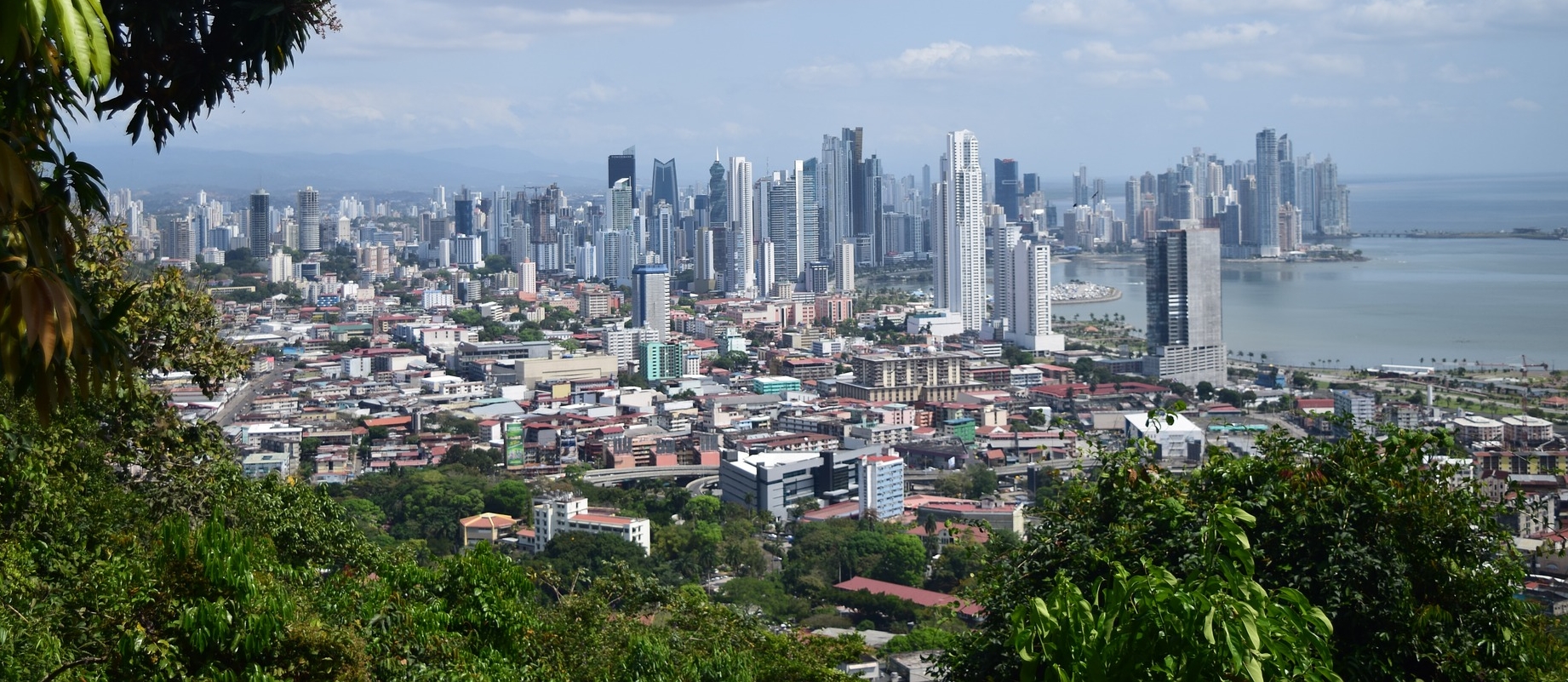 This posts was originally published on White Collar Post under “Panama Papers: CRA getting tougher on tax evasion” – a Fasken Martineau blog.
This posts was originally published on White Collar Post under “Panama Papers: CRA getting tougher on tax evasion” – a Fasken Martineau blog.
We are beginning to see the legal enforcement fallout from the now infamous Panama Papers. Canada Revenue Agency’s (CRA) concerted efforts to find undeclared offshore money and assets is moving into full gear. In addition to pursuing typical civil audits, the CRA is now executing search warrants and launching criminal investigations for tax evasion.
The CRA is actively gathering information from domestic and international sources to identify and charge offenders criminally. Since 2015, the Canadian government has required domestic financial institutions to report to the CRA all international electronic fund transfers of $10,000 or more. In addition, as of March 2016 the CRA has analyzed over 41,000 transactions worth over $12 billion dollars, involving four jurisdictions and particular financial institutions of concern, and has initiated risk assessments on 1,300 individuals named in the Panama Papers. This has resulted in approximately 122 CRA audits to date and counting. However, it is not just taxpayers who are subject to the CRA’s scrutiny and who may be criminally charged. The CRA is also investigating the enablers and advisors, including the lawyers and accountants, who facilitated the hiding of taxpayer money and assets offshore.
The CRA is also working closely with its international tax regulators and partners to create policies and an information sharing system that will make hiding money and assets very difficult. For example, earlier this year the CRA attended an information sharing meeting of tax agencies from over 35 countries where all participants simultaneously exchanged their findings from thousands of investigations sparked by the Panama Papers. Canada is also working with the Organisation for Economic Co-Operation and Development (“OECD”) and its Forum on Tax Administration to promote international tax standards that will increase transparency around global tax issues.
The CRA has publicly stated that, barring any exceptional circumstances, it will not accept or apply the Voluntary Disclosure Procedure to requests from taxpayers involved in the Panama Papers. This means that individuals cannot avoid enforcement charges even if they voluntarily come forward to admit to unreported offshore income or undisclosed offshore assets. The recent sentencing in R. v. Mathur[1] for tax fraud reinforces the CRA’s seriousness in prosecuting and punishing fraudulent tax schemes.
The CRA’s aggressive approach to cracking down on tax evasion is not expected to wane any time soon. We will continue to keep readers up to date on developments in this area.
[1] 2017 ONCA 403, Mr. Mathur’s sentence of 12 months in jail for a relative minor tax fraud was upheld on appeal.
